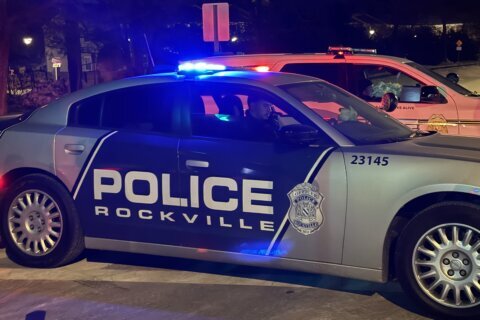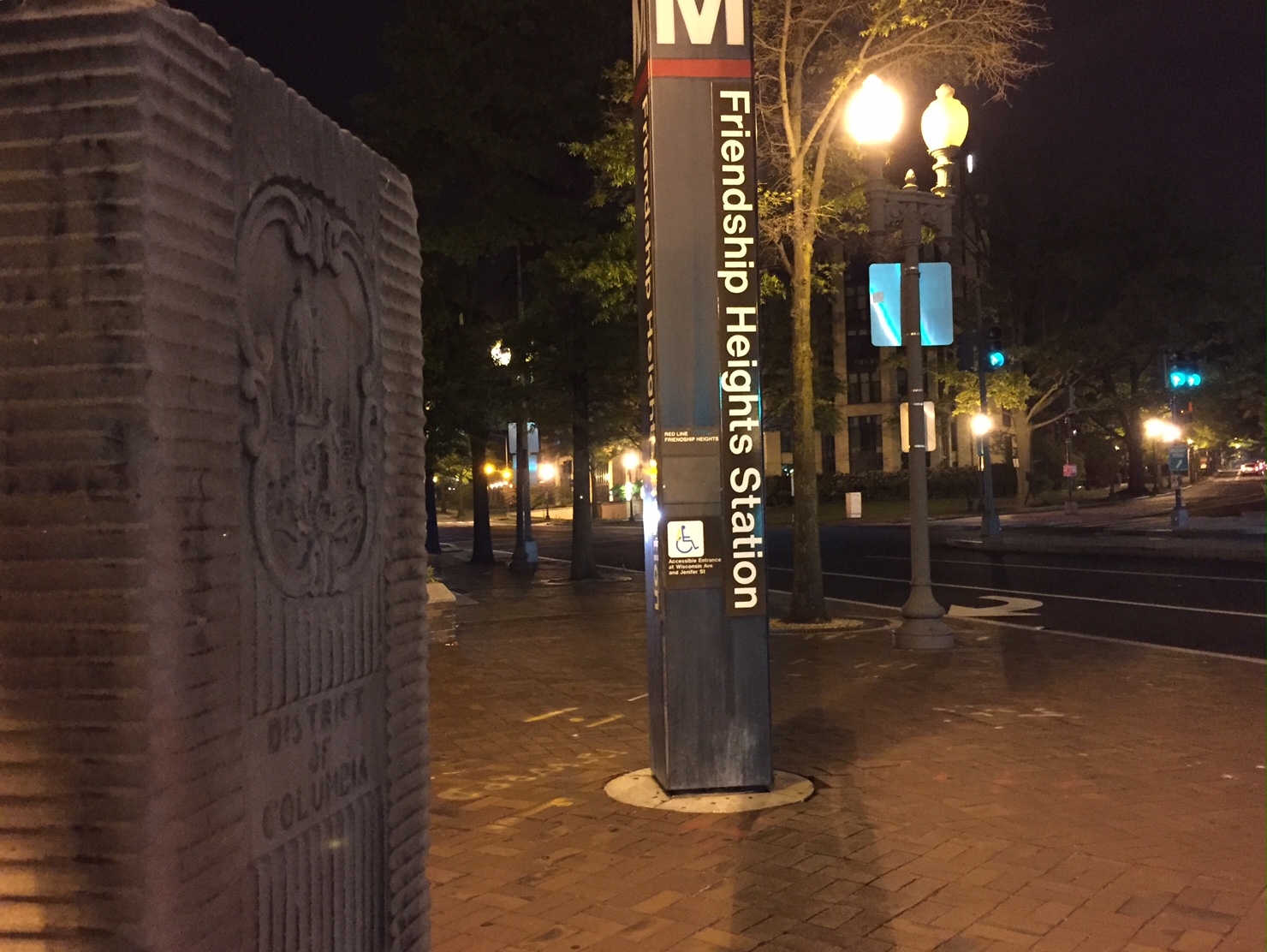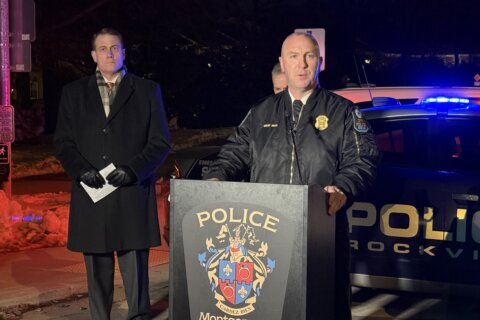WASHINGTON — After years of assuring the safety and cost-effectiveness of the synthetic turf field at Montgomery Blair High School, Montgomery County, Maryland’s Parks Department has joined a nationwide class-action suit against the field’s manufacturer.
The suit questions the quality of the field, which is made of shredded rubber, and the concussion standards associated with it.
Six fields at Montgomery County Public Schools are made by FieldTurf, although only five are made of rubber.
The field at Blair is owned and maintained by the Maryland-National Capital Parks and Planning Commission.
“The Parks Department just has one of these fields, but the school system has many,” said Dan Sheveiko, of the Civic Federation’s Environment Committee.
The class-action suit, which includes Virginia and the District of Columbia, alleges that “FieldTurf misrepresented the reliability, performance, and cost-effectiveness of its turf fields.”
“The fibers — how they’re attached to the matrix — have failed, so the tire crumb rubber that the fields are made of, shredded tires, are no longer held in place,” said Sheveiko.
The class-action suit focuses on the manufacturing and durability of the turf, and says it doesn’t meet concussion standards.
“Just the concussion aspect of the problem turns out to be a deadly hazard, in and of itself,” he told WTOP. “All these years these two agencies have maintained that these fields are safe and cost-effective.”
The website for Montgomery County Public Schools says the school system maintains five synthetic turf fields at high schools: Richard Montgomery; Walter Johnson; Gaithersburg; Paint Branch; Thomas S. Wootton; and Somerset Elementary.
The field at Somerset Elementary, installed in 2016, uses organic cork infill, rather than crumb rubber.
Testing conducted at the Somerset field showed no problem with any of the heavy metals or carcinogens alleged to be present in the rubber field.
According to the school system’s website, each rubber field requires $10,000 of annual maintenance.
Elaine Akst, president of the Somerset Elementary School Foundation, said the Somerset field’s maintenance is considerably less expensive, and paid for by the Somerset community through an educational foundation.
“These fields are more expensive than natural grass,” said Sheveiko. “Someone needs to ask why we can’t grow natural, good-smelling, fresh and safe natural grass.”
Sheveiko and his group also are concerned that the shredded tires used to make the fields contains 12 known carcinogens.
“We closely review the conditions of our fields on an ongoing basis,” said Montgomery County Public Schools spokesman Derek Turner, when asked if the system would join the class action suit. “We will continue to evaluate all options with regards to our fields.”
FieldTurf has disputed claims made against the company in several states.
Editor’s note: The original story indicated Somerset Elementary’s field was made of shredded rubber. It is made of organic cork.








